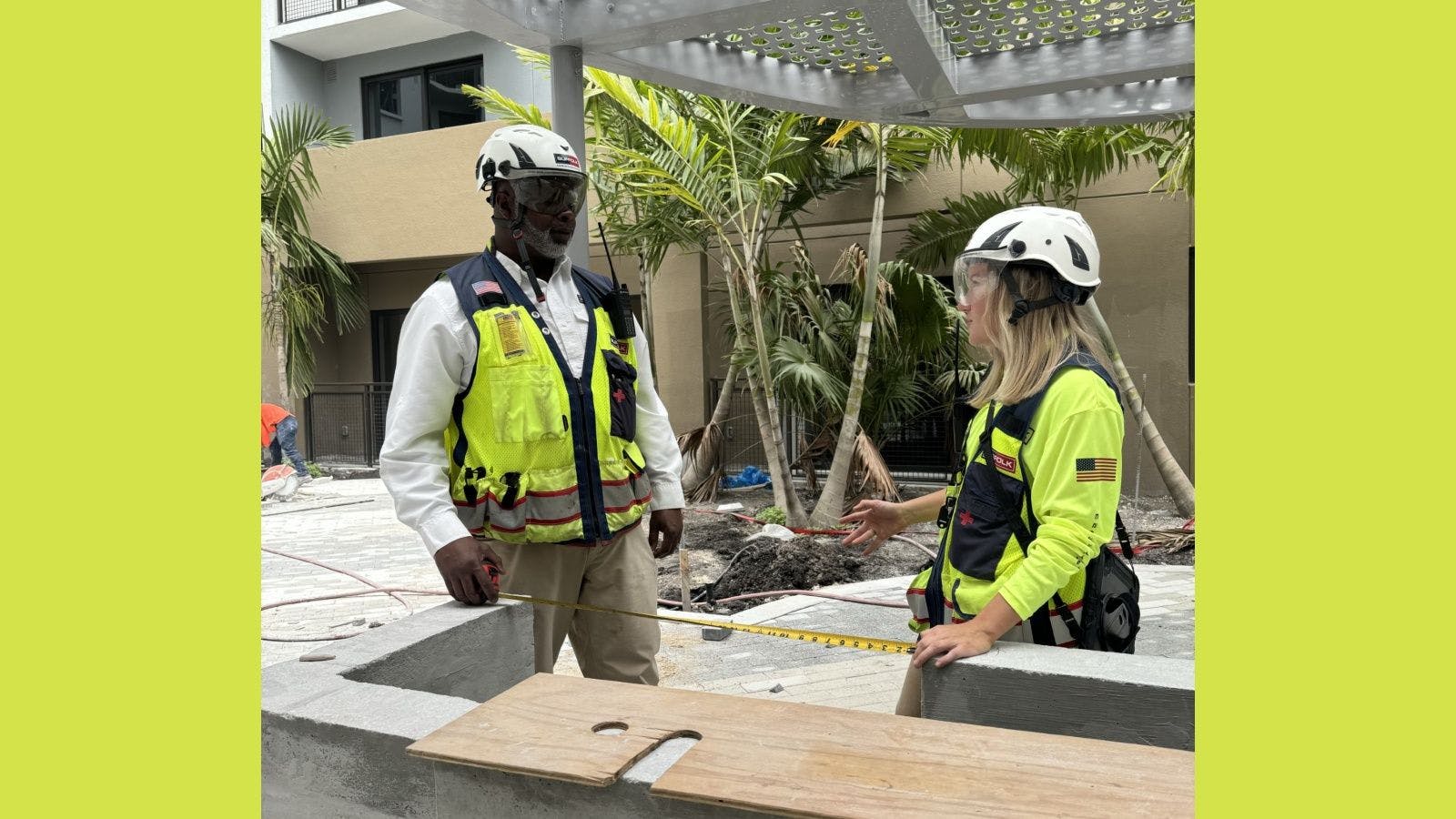
Keep Construction Workers Motivated and Engaged for Business Success
Keeping construction workers motivated and engaged is essential to a company’s success. The concept of employee engagement measures the mental and emotional connection between employees and their workplace. It reflects a company's culture and its perceptions of its employees. Highly engaged employees have high satisfaction levels, speak positively about the organization and encourage other employees to do their best. Implementing an employee engagement program can motivate employees to work better and improve a company's productivity. Here are key points to address.
Attitude
A positive attitude toward work is an important motivational factor. Positive attitudes and an environment free of disruptive challenges will boost worker productivity and engagement. Happy employees contribute more to the organization’s success by working harder and producing better work.
Conversely, a negative attitude can detract from motivation and reduce overall performance. Therefore, a construction manager should be proactive in managing worker attitudes. Managers must set objectives, determine desired performance levels develop appropriate performance measurement tools, and openly communicate with employees to manage their attitudes and expectations.
Recognition
Providing structured recognition and rewards is an effective way to increase employee satisfaction, engagement and retention. Employees appreciate being publicly recognized for their achievements and often want to share their accomplishments. The importance of employee recognition cannot be overstated. It is one of the top drivers of employee engagement. Organizations with formal recognition programs have 31% lower voluntary turnover than their counterparts and 12 times greater business outcomes.
Inclusion
An inclusive work environment requires employees to feel that they belong and are valued. Companies with diverse workforces typically outperform those with equal representation. Inclusive organizations are more likely to be innovative and have high employee engagement and retention levels. Furthermore, a diverse team is likely to be more productive. By taking measures to create a more inclusive environment, employers can enhance the employee experience and increase financial performance.
Culture
Creating a culture conducive to engagement will make the job easier and the workplace more efficient. Organizations must foster a culture of trust, respect and belonging to enhance employee engagement. One of the most effective motivational tools is empowerment, a combination of culture, training and knowledge management. Employee empowerment can improve overall performance and boost morale when applied to construction projects.
Unfair Treatment
Unfair treatment at work is the top source of dissatisfaction among workers, according to Gallup’s "State of the Global Workplace: 2022" report. Unfair treatment occurs when a person does not feel valued, respected or appreciated for their contributions to the organization. The most common types of unfair treatment at work are mistreatment by management and fellow employees, inconsistent compensation, and workplace policies and biases. In addition, unmanageable workloads, unclear communication from management and unreasonable time pressure are all factors contributing to dissatisfaction at work.
Stress
The World Health Organization considers stress a "health epidemic of the 21st century." Stress levels in the construction industry can be extremely high. Construction jobs tend to be fast-paced and require long hours. In addition to the job’s physical demands, interactions with coworkers, trade workers and customers can be challenging. To alleviate stress, workers must find ways to cope with these challenges and remain motivated and engaged.
Happiness and Customer Satisfaction
Happy employees lead to improved customer relationships. Employee satisfaction is directly correlated with customer satisfaction. Employees who are happy at their jobs are more likely to work hard for their company, pay attention to customers, and provide quality products or services. Employee happiness inspires extra commitment to the company and a genuine interest in its success, which can translate to greater customer satisfaction and, ultimately, greater profits.
Martin C. McCarthy, CPA, CCIFP, is with McCarthy & Co., a leader in construction accounting. CE included McCarthy & Company on its list of 2019 and 2020 Top 50 Construction Accounting Firms. He can be contacted at (610) 828-1900
Related stories








